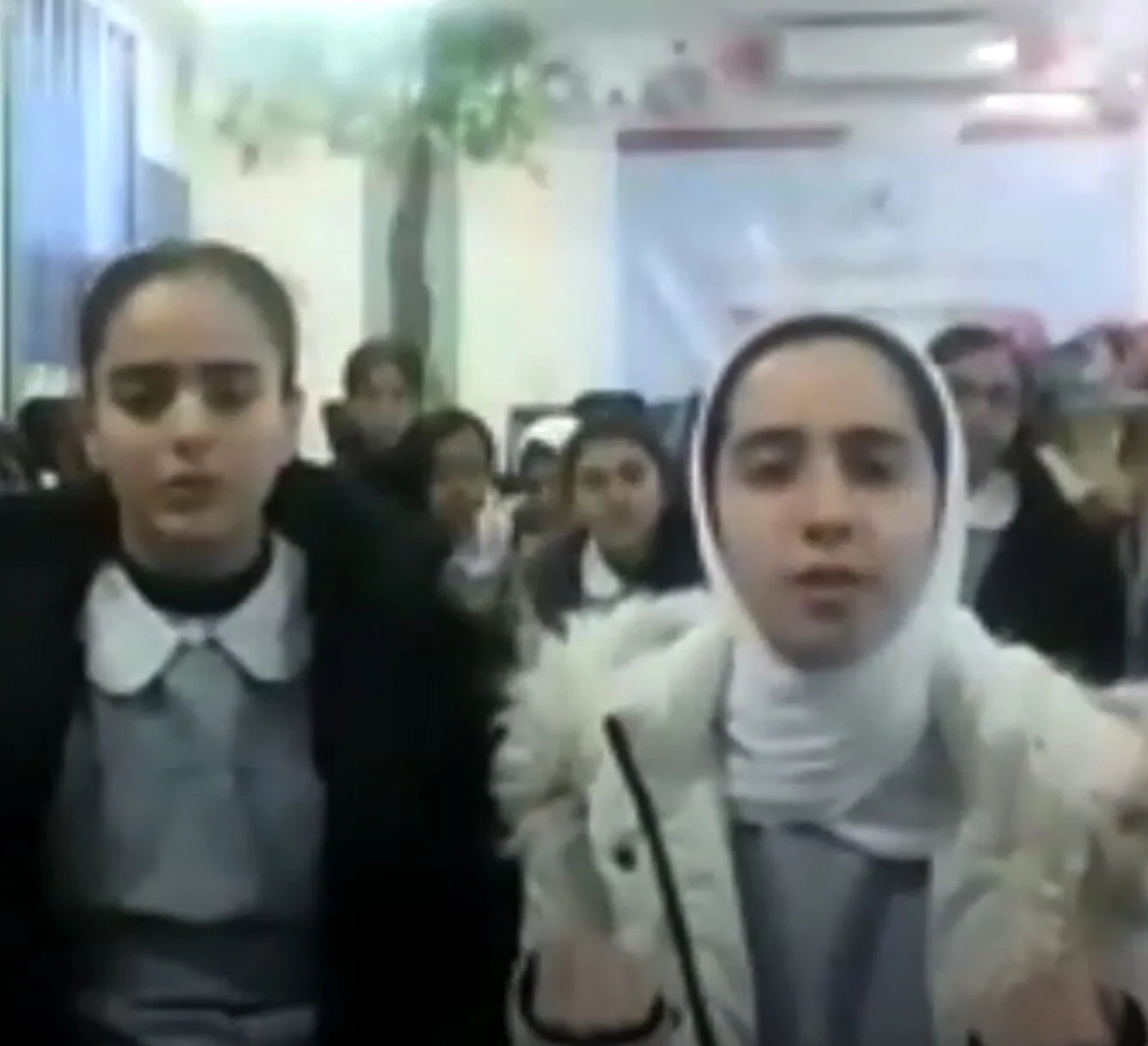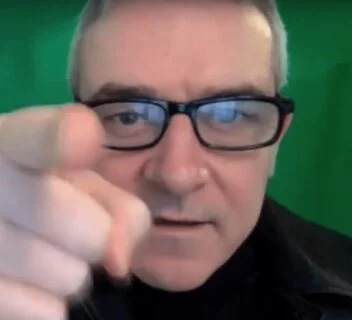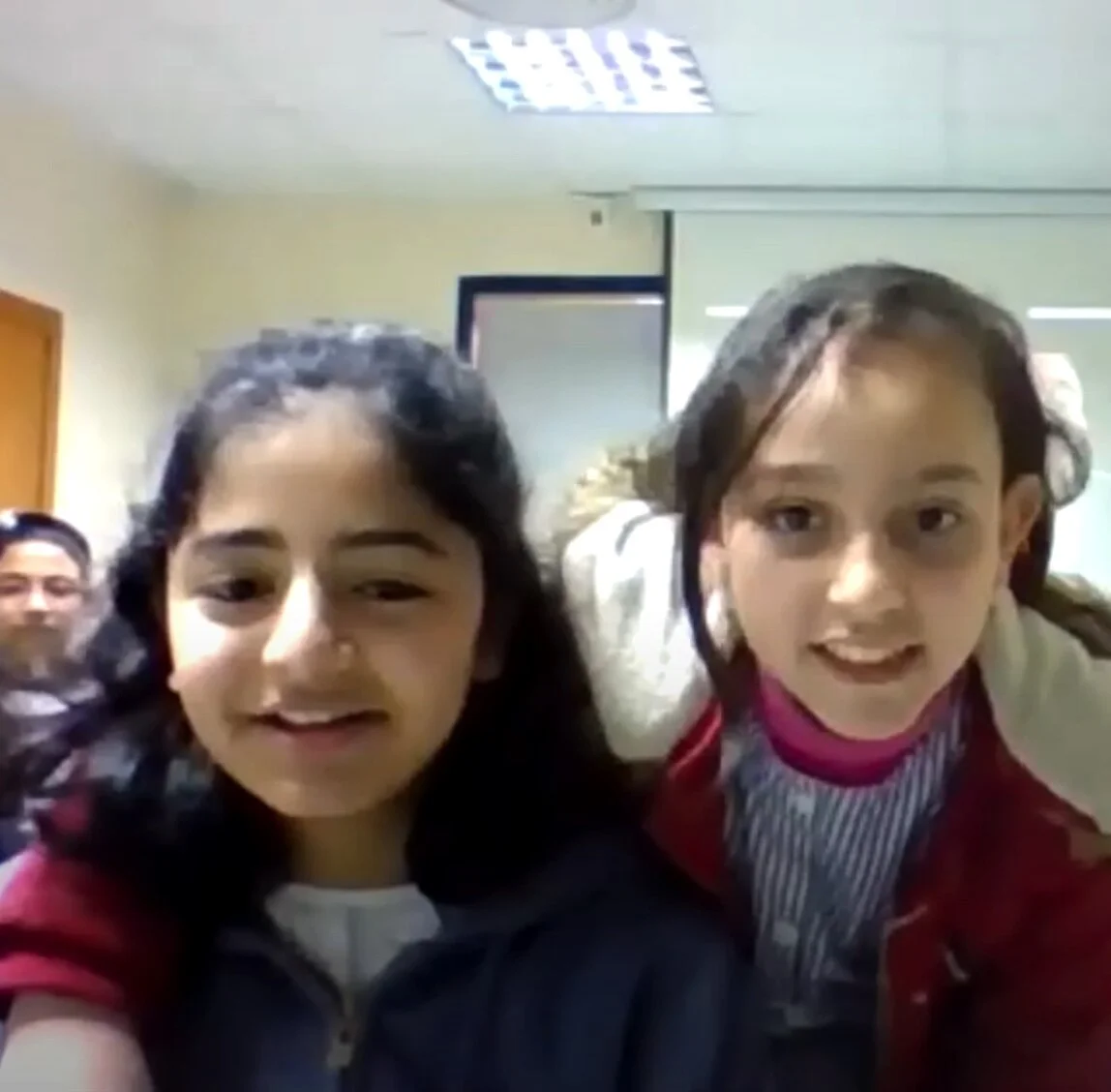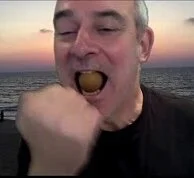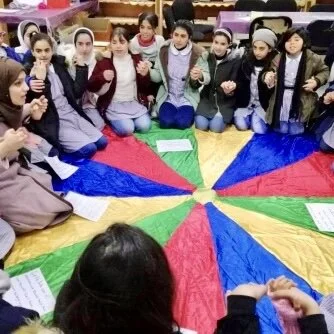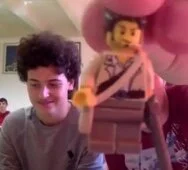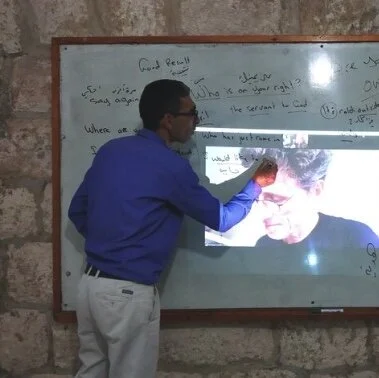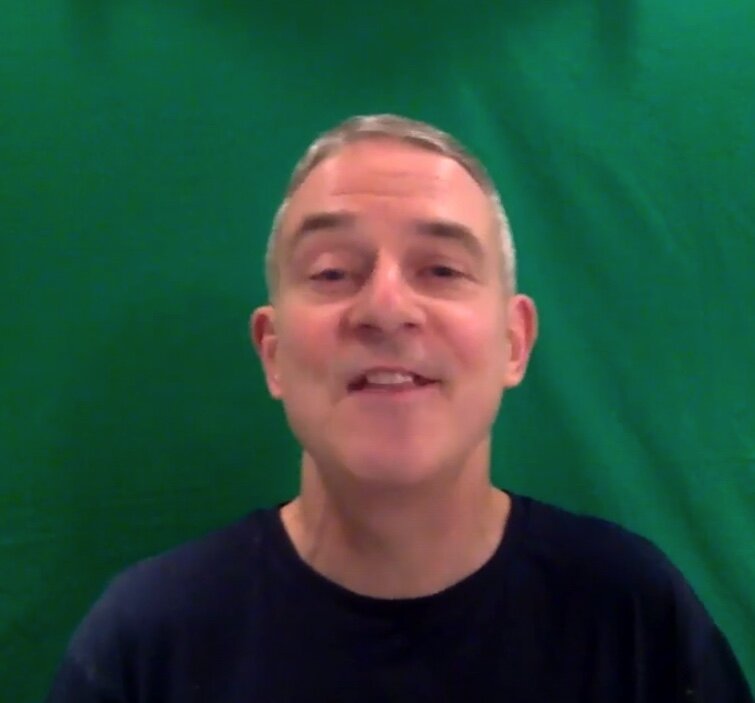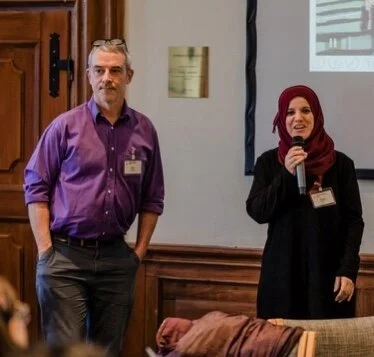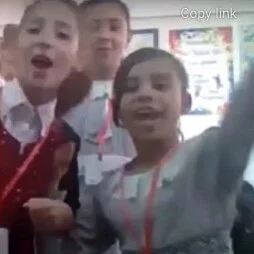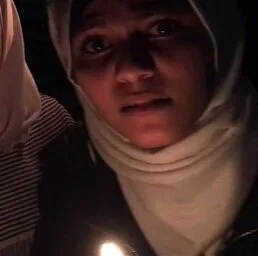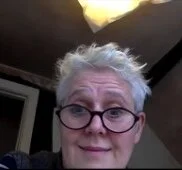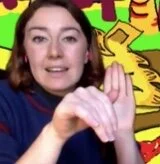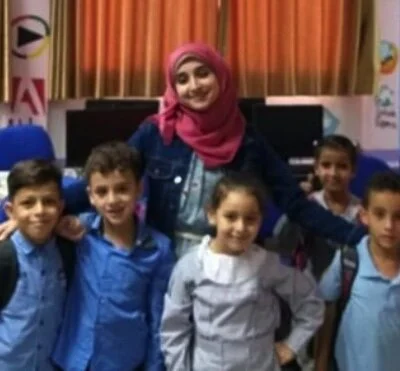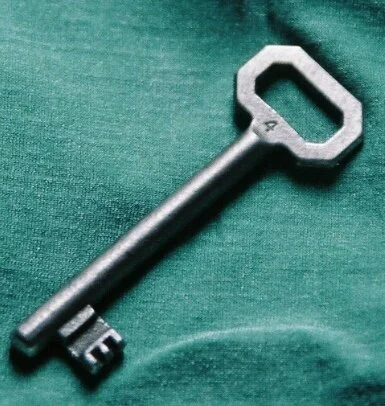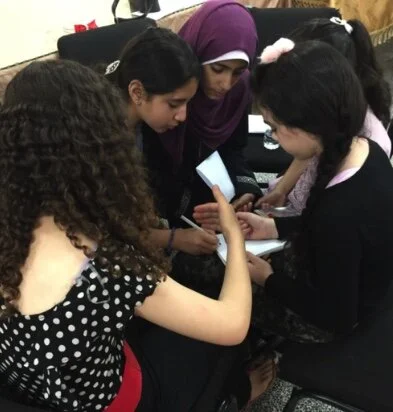I was so looking forward to going to Gaza on Sunday to participate in the conference 'Creativity and Critical Thinking in ELT' organised by our advisory board member in Gaza, Rida Thabet. There were going to be lots of talks and workshops about this theme by Palestinian teachers, supervisors and education specialists and I was going to be doing a short talk myself called 'The power of story'.
Read MoreThe other day I was doing a very short session with Haneen Jadalla's drama group at Asma Prep B Girls UNRWA school Gaza when Haneen suddenly announced that two students would like to perform a poem to me.I love it when these kind of impromptu things happen in the sessions and what a great poem it was - by the Palestinian poet, Mahmoud Darwish.Here's the text of it.
Read MoreWhen we do zoom sessions in the Hands up Project, we generally try to build in activities for students to do before the sessions (as preparation) and after the sessions (as a follow up). This is a great way to keep the students engaged with English for longer, and to make the online link ups very meaningful and student-centred.
Read MoreZoom is the platform of choice for our online sessions with young people in Palestine and Jordan. One of the reasons for this is that it's really easy to record everything that happens on both sides of the webcam.
Read MoreIf you go to this playlist on youtube you'll find lots of ideas for things that can be done in online sessions with the young people that we serve. But there aren't so many examples there of whole 45 minute or one hour sessions (apart from this brilliant example by Alex and Sahar) Our new volunteers understandably have lots of questions about what a whole session might look like?
Read MoreI've written lots of conference workshop abstracts over the years but this is probably my favourite ..The Communicative Approach has emphasised the need for realistic and authentic models of language, and for meaningful language use. But is this always the best way of making language accessible, interesting and memorable?
Read MoreI first heard about Dorothy Heathcote's Mantle of the Expert approach in educational drama about 20 years ago when I was doing my Masters degree at the University of Central England. It's heartening to see it being used to such great effect in UNRWA schools in Gaza. Here, one of the Hands Up Project's most creative and committed volunteers in Gaza, Haneen Jadalla talks about how she used it with teenage girls in a training session for teachers. Over to you Haneen...
Read MoreI first heard of 'Show and Tell' when my eldest son, who's now 24, told me he needed to get ready for it at his primary school in the UK. The basic idea is that children take in an object which has some personal significance to them. It could be one of their favourite possessions, a picture of one of their favourite people or a place they've been to, or something related to one of their hobbies.
Read MoreWhen I run online training courses for new volunteers (as I'm about to do again today) I always try to emphasise that what we do in the Hands Up Project isn't really teaching.
Read MoreA few people have been asking me about the technical side of making remote theatre through zoom so I've made a little video to show you some of the things to keep in mind.
Read MoreI've just returned to the UK from a week in Austria at the Salzburg Global Seminar on Education for refugees and migrants. It was a very stimulating event in stunning settings with educators from all over the world. Education specialist, Rida Thabet and I presented about our work in Gaza in UNRWA and the Hands Up Project.
Read MoreThis week we have a lovely post written by an amazing team teaching pair - Hanaa in Gaza and Becca in USA. Over to you...
Read MoreThis week we have a post from Inas Younis Shurrab, a teacher of English based in Khan Younis Gaza, who has been involved in the Hands Up Project for a long time. Inas has written a report about the remote theatre training course for teachers that she recently conducted with 2 other experienced remote theatre specialists (Amani and Imad) from the South of Gaza.
Read MoreThis week we have a video blog from long term Hands Up Project volunteer and drama specialist, Emi Slater.
Read MoreThis week we have a lovely post by Phoebe Graham, a HUP volunteer based in the UK who, (as you'll see from the post) has been doing some very creative things with her green screen.
Read MoreAll of us at the Hands Up Project are really pleased to welcome back our first ever volunteer, Alex Guzik after a long break from doing sessions. The reason for Alex's absence has a name and he can be seen in the picture in the blog. So congratulations Alex on the birth of your beautiful baby boy (also called Alex) and we are so glad to have you back...
Read MoreThis week we have a post from, Dalya Saleh, a teacher of English at Mamonia Elementary co-ed "A" school, Gaza about her online sessions with very young learners.
Read MoreOne of our long-term Hands Up Project volunteers, Sara Wood, a teacher of English based in Spain who was attending the session suggested giving the learners a set of pictures and asking them to create a green screen story using all of the images in any order they wanted to.
Read MoreA play writing and play performing competition open to young people living in Palestine, launched, administered, and judged by the Hands Up Project, a UK based educational charity (Charity number 1170272)
Read MoreI decided to write my first book for teachers, Dialogue Activities (CUP 2007), because of an idea which I think I’ve always been very interested in as a language teacher. This is the principle that when spoken language is written down by learners (as in when they create a dialogue for example) it can provide a slowing down of experience so that more noticing of language, and ultimately, more learning may happen.
Read More

